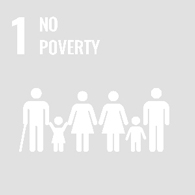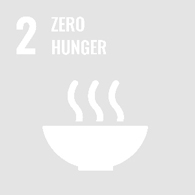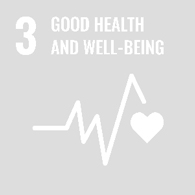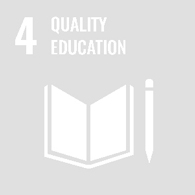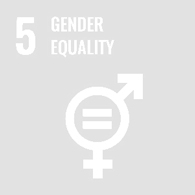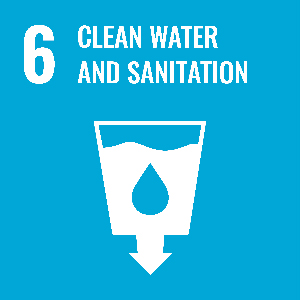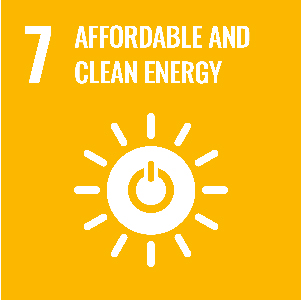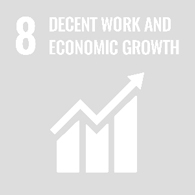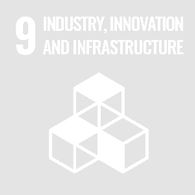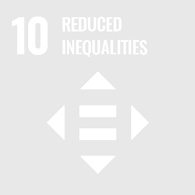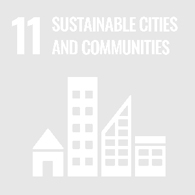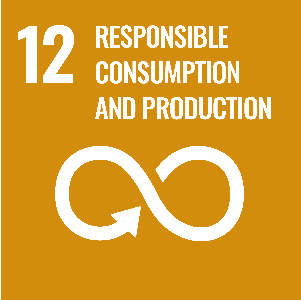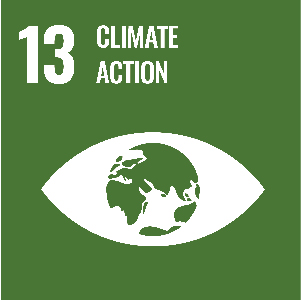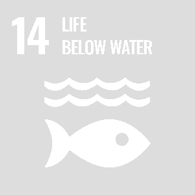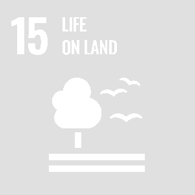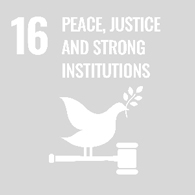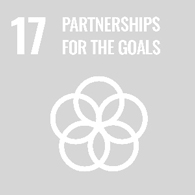Environmental & climate protection
Messer is committed to using all resources in a sustainable manner, in particular energy. The specific energy consumption of Messer’s own plants, including its air separation units (ASUs), is to be further reduced through better utilization of existing production plants and targeted projects that help increase their energy efficiency sustainably. To this end Messer strives to increase the energy efficiency of the air separation units and has set itself the target of reducing the specific energy consumption of its own ASUs by 0.7 percent per year. In addition, Messer is making a further, significant contribution to decarbonization and sustainable energy consumption through the increasing use of renewable energies.
Fluctuations in customer demand are often short-term and the corresponding adjustment of the ASU is complex: in addition to the compressor output, which is particularly important for energy consumption, a dozen or more other parameters must be adjusted so that the system runs smoothly and delivers the desired gas quality. Optimizing all of them every minute is hardly possible with manual control. The only practical solution is a software-based automated control system. To save energy and make even better use of it, Messer therefore implements specially adapted advanced control systems in its ASUs to adjust the production of gases to the actual demand of customers in real time, i.e., neither too little nor too much product is produced.
Messer’s water consumption is mostly linked to the consumption of water to cool the compressors in its air separation plants. In 2023 the water consumption across the Group was 16.6 million cubic meters, which is 1 million cubic meters less than in fiscal year 2022. The decrease is linked to a drop in production in 2023.
Our main production processes, which are air separation, CO₂ purification, and liquefaction, do not require water within their current process control. However, a great deal of heat is generated primarily during the compression of gases, and in most plants this heat is dissipated via an open cooling water circuit. The cooling water absorbs heat from the respective sources and releases it into the atmosphere via an open cooling tower. In the process, some of the circulating water evaporates. Another part of the water is discharged to prevent thickening of non-soluble components. The evaporated or discharged water must be returned to the system as fresh water. This is the only direct water consumption in our production processes. The amount of fresh water supplied depends directly on the power consumption of a plant, which is around two to three cubic meters per hour per megawatt of electrical power.
Messer’s commitment to the environment is reflected in the implementation of integrated environmental management systems, in particular for its production and filling plants. In 2023 84 production and filling plants were certified in accordance with the international standard ISO 14001, compared with 61 in 2022. In early 2022 Messer Americas started the process to investigate potential improvements to its Management System (MMS), including an evaluation to expand its Environmental Management program and incorporate it to the existing North American matrix ISO 9001 certification. This decision was made to better align with Messer customers in the Americas and to improve Messer’s efficiency as audits for ISO 14001 could be integrated with our existing ISO 9001 audits. Between 2022 and 2023 Messer Americas took several significant steps for a successful transition and to achieve the ISO certification, such as gauging customer interest, conducting a gap analysis, reorganizing its Management System and the environmental structure and working with several locations in preparation for the first integrated audits. After successful audits at headquarters and several locations in 2023 Messer Americas was granted the ISO 14001 certification in October 2023 covering 52 locations in North America. A total of 59 sites are now certified ISO 14001 in the Americas, including the locations already certified in Colombia and Brazil. ISO 14001 is an internationally recognized standard that defines conditions to support organizations in establishing, implementing, maintaining, and continuously improving environmental management systems. It attests to the existence of an environmental risk assessment and mitigation plan, among other things.
In 2023, the amount of waste generated by Messer in Asia and Europe was 18,383 metric tons, representing an increase of 4.8 percent compared with 2022. This included 18,038 metric tons of non-hazardous waste, of which 87.8 percent was recycled, and 345 metric tons of hazardous waste, of which 40.9 percent was recycled. We continued to implement initiatives across the group as part of Messer’s environmental management systems in 2023 to minimize our impact and avoid air, soil, and water pollution.

